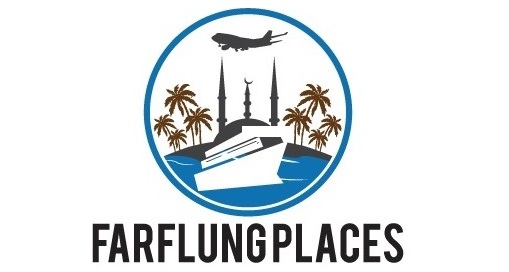 |
| Enough for two rugby teams. The Plov man at work |
On the northern edge of the Kara Kum desert are the remains of
the important Silk Road trading post of Gurganj. It was the capital of Khorezm, a small country surrounded by the Persians and Uzbeks. It was a place of great beauty, with palaces, gardens and the mighty Oxus river providing both transport and irrigation. Its beauty was no protection from invasion.
We left Ashgabat around lunchtime in a convoy of three 4WD cars, packed with tents, sleeping bags, food, water, and, of course, many bottles of Vodka. We were heading to the site of a Soviet mining accident in 1971 when Russian geologists were drilling for oil. They found gas instead, and the drilling rig collapsed into a crater. The gas was expected to burn out within days, yet 40 years later it is still burning brightly.
About 20 km’s outside of Ashgabat is the Tolkucha Sunday market. This is the largest open air market in Central Asia. It sprawls across the edge of the desert, and here you can buy and sell anything. The big days are still the weekends, particularly Sundays, when buyers and sellers pour in from all over Turkmenistan and Iran.
Despite the attractions of virtually free petrol*, the roads in the centre of Ashgabat are deserted much of the time. Huge marble clad buildings surround the roads, Turkmenistan is the number one importer of Italian marble in the world, it even has a Guinness book of records entry for this, but not enough people live and work here to make use of the generous multi lane highways.
In the twelfth century Merv had over a million inhabitants and was considered to be the largest city on earth for some years. It spread over hundreds of acres, on the borders of modern day Turkmenistan and Afghanistan. It was a glittering city, with travellers in awe of its many ornate buildings and its size. Today, although much has been destroyed by both invaders and time, there are still significant remains to be explored.
Leaving Uzbekistan involved a one hour taxi to the border zone, a place of emptiness with only a barbed wire fence interrupting the view to the horizon of sand and dried vegetation. I then had to queue for two hours in dirty, boiling hot border post, with broken fans not moving the fetid air. The majority of people seemed to be traders, with their bags stuffed full of Uzbek goods, mostly clothes and food. I am fairly patient, but the heat and the boredom of standing in a long line was exhausting.










